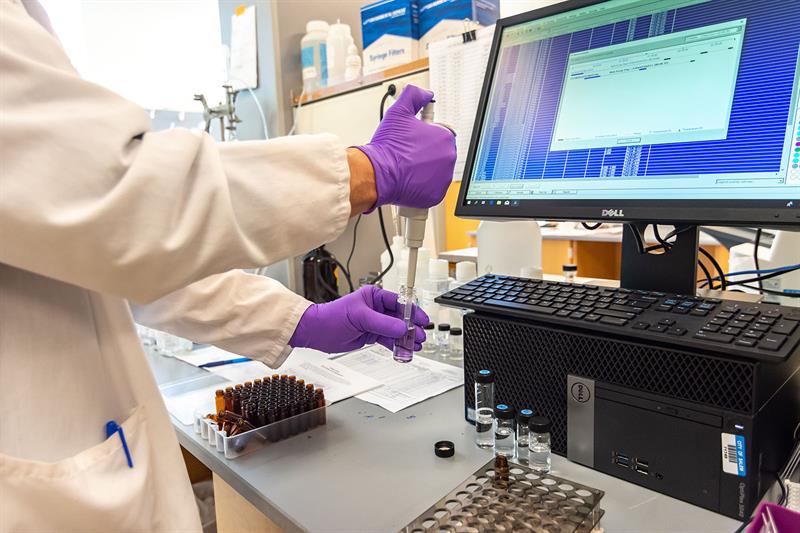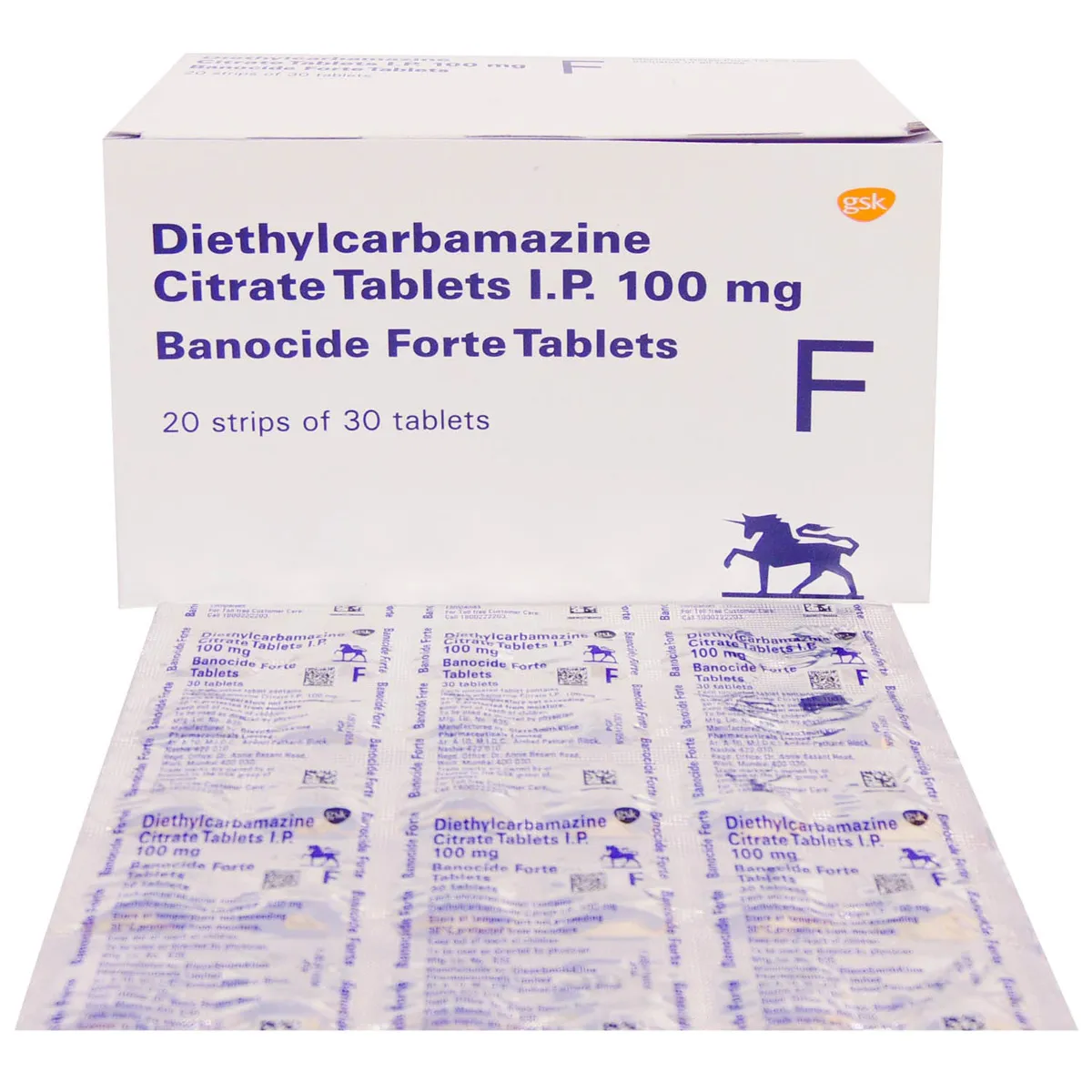Immunogenicity is a considerable concern with biologic drug products. It can affect both the efficacy and safety of biologics. The effects of immunogenicity vary from no significant differences to severe, life-threatening consequences. Hence, assessing the immunogenicity of therapeutic peptides and proteins is crucial in developing biologic drugs. This assessment also includes immune-mediated harmful effects. Therefore, understanding the interrelationship between innate and adaptive immune responses is critical.
Recent assessments have concluded that immunogenicity testing requires a set of study data. Understanding these data points can help us better unravel the immunogenicity features of a biological drug. Some of these data include cross-reactivity with endogenous substances, related clinical impact, neutralizing ability, and the incidence, magnitude, and kinetics of ADAs.
Over the years, MSD-ECL assays have emerged as a promising platform for assessing immunogenicity. With assays such as MSD cytokine and MSD ADA assays under their belt, researchers are increasingly relying on MSD assays for ADA assessments. Besides, they offer MSD ELISA conversion packs to convert existing ELISAs into MSDs. Therefore, the current article explores the techniques and advancements of MSD immunogenicity assays.
MSD analysis for ADA assessments
Immunogenicity testing is a crucial part of MSD labs. Regulatory bodies have imposed stringent guidelines for developing and validating ADA assays. MSD-ECL assays have primarily gained prominence due to their broader dynamic range, increased sensitivity, and higher therapeutic tolerance.
The MSD platform is based on electrochemiluminescence detection and multi-array technology. MSD platform can be used to detect ADAs for numerous drug types, including proteins, peptides, antibodies, and humanized antibodies. Besides, the MSD assay protocol is simple, with a reduced number of washing steps compared to traditional ELISAs.
Moreover, a single wash step ensures that MSD assays detect low-affinity ADAs. Generally, bridging assay formats are employed for immunogenicity testing. This format is rapid and has more tolerance than traditional ELISA assays. Notably, MSD assays are species and isotype independent. Hence, the same assay format can be used for preclinical and clinical studies.
MSD supports each phase of ADA testing through its:
- Exceptional inter and intra-assay precision
- Flexible assay platform
- Superior sensitivity
- Minimal matrix interference
- High drug tolerance
- Wide dynamic range
MSD offers a plethora of assay development plates, kits, and reagents for every stage of immunogenicity testing. These products are rigorously qualified for precision and reproducibility. Some examples of MSD ADA assay components are MSD Gold streptavidin plates, MSD gold Sulfo-Tag conjugates, MSD gold Read buffer, and U-Plex development packs.
MSD also provides services to cater challenges of immunogenicity studies. They have conjugation services to manufacture biomolecules conjugated with either Sulfo-Tag labels or biotin. They also have assay development services to help scientists develop high-quality immunogenicity assays. Importantly, they offer prototype printing to coat MSD plates with the material of choice.
Moreover, MSD follows FDA guidelines in their ADA assays. FDA recommends using a multi-tier approach for immunogenicity testing. Such an approach is vital to manage a large number of ADA tests. Initially, a primary screening assay detects low levels of ADAs. The second step is to confirm these ADAs and eliminate false-positive results. Finally, ADAs are characterized to determine their functions.
Must Read: 5 Advances in ELISA Assay Technology and their Impact on Biomarker Analysis









